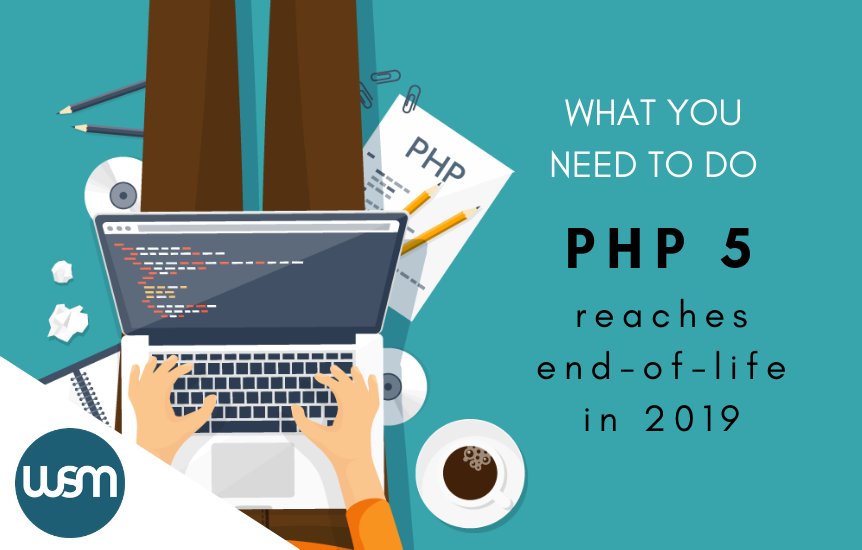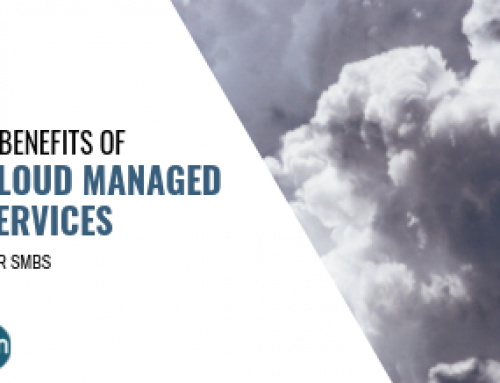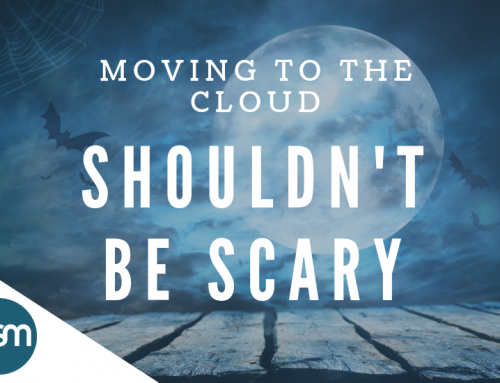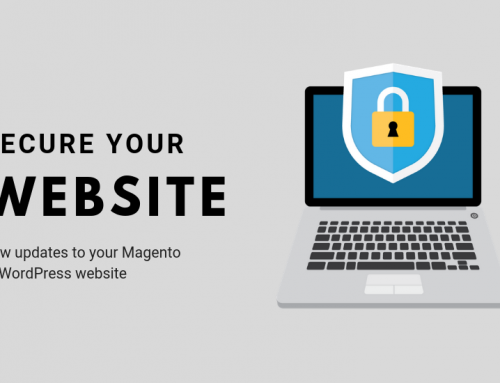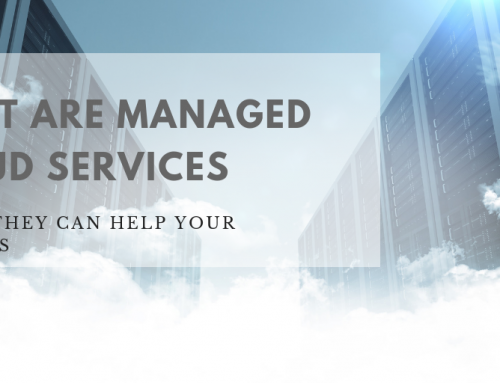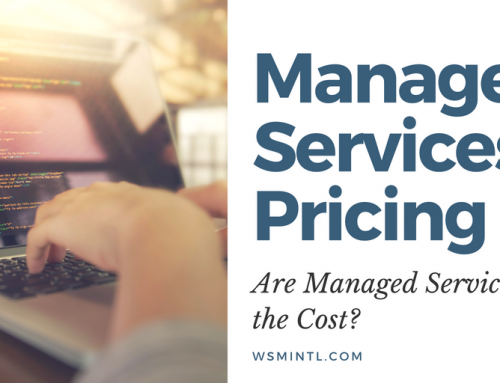As 2018 expires, so will support for PHP 5. PHP 5, a popular programming language for CMS websites like WordPress, Joomla, Drupal, and others, reaches end-of-life at the end of 2018 and will no longer receive security support. If your website is running PHP 5, consider upgrading before the end of the year so as not to put your website at risk.
What This Change Means for You
The developers of PHP have a policy with regards to end-of-life. Each release is fully supported for two years from the date of release, and then one additional year for critical security issues only. 2018 is the final year of critical security support for PHP 5.
If your CMS website is running PHP 5, you will want to upgrade to PHP 7, which was released in December 2016. Most updated platforms will have no trouble supporting PHP 7, but you can check compatibility with your developer if you are unsure.
Why Should I Upgrade to PHP 7
Understandably, PHP 7 is actively supported and has many improvements over PHP 5, mostly related to performance. PHP 5 has many known bugs relative to performance, memory usage, and more. By upgrading to PHP 7, you could potentially make your website run faster and use resources more efficiently.
If you choose not to upgrade, you may find yourself dealing with hacking when PHP 5 has a vulnerability that is no longer being addressed by the PHP team.
How Do I Know What Version of PHP I’m Running?
If you are using WordPress, you can install a basic plugin that will display your PHP version. Or if you have FTP access to your website, you can create a file with a random name. Then add the following two lines:
<?php
phpinfo();
After saving the file in your root directory, you can visit the file in your web browser and your PHP version will be displayed at the top of the screen. Delete the file when you are done.
Or alternatively, ask your developer!
Could There Be Problems with PHP 7 and My Platform?
Most platforms shouldn’t have problems with PHP 7, but the following could cause issues:
- Outdated software
- Outdated embedded modules/plugins
- Customized integrations
- Custom code
Usually, problems occur with compatibility issues with themes and plugins. If your theme and/or plugins have not been maintained, you could experience issues with PHP 7.
If you upgrade and experience issues, the above items could be the trouble. If you are unsure if you have any of these potential problems, contacting your developer is a good first step.
How to Upgrade to PHP 7
Most hosting providers offer a one-click upgrade to PHP 7 in CPanel. However, hosting providers will not address concerns over compatibility and will not test your website for issues. Keep this in mind before you upgrade and make sure you have the resources to do so.
Get Help
If you are unsure what version of PHP your website is running or how to address an upgrade, WSM can help! We can upgrade your PHP and ensure that any compatibility issues are addressed so you experience no downtime or issues. Contact us today!


